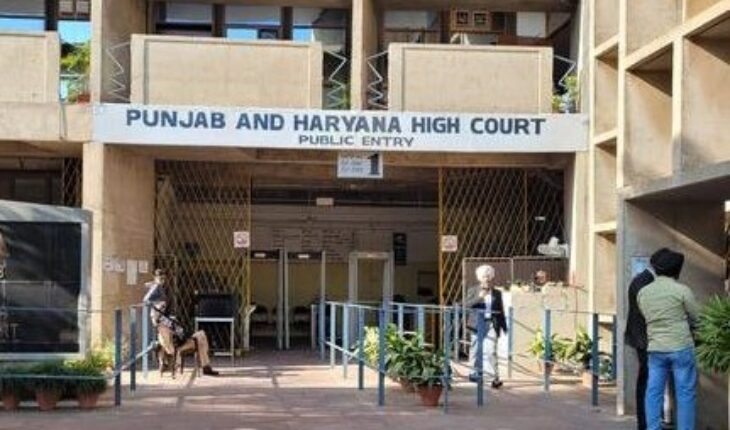Chandigarh: Thousands of employees in Haryana state government may lose their jobs due to a High Court decision, since the Punjab and Haryana High Court has quashed the Haryana government’s 2019 notification under which additional marks were given in government recruitments based on socio-economic criteria, terming it unconstitutional. This decision has put the jobs of thousands of employees at risk as the court has ordered the commission to release revised results within three months. According to information, Punjab and Haryana High Court has cancelled the notification issued by the Haryana government on June 11, 2019, under which ten additional marks were being given to socio-economic basis and experience in various recruitments. The court has considered it against the principle of equality and equal opportunity of the constitution, as such this decision by the court has created a threat to the job of thousands of employees suspected to be around ten thousand people working in government offices in the state.
This decision was given by the division bench of Justice Sanjeev Prakash Sharma and Justice Meenakshi Mehta while disposing of several petitions in the High Court and copy of the High Court order has not been issued so far till filing of the news. Meanwhile, a lawyer for one of the petitioners Majlish Khan said that the court has directed the Haryana Staff Selection Commission (HSSC) to review the results of all those recruitments in which these additional ten marks were provided. The commission will have to release the revised results within three months by removing the ten marks without socio-economic criteria, and in case the employees who have already got appointment do not come in the merit list as per the revised result, then the government can terminate their services by giving them a notice as per the rules. This order will affect all those recruitments which were done on the basis of this notification after 2019.
A petition was also filed against the socio-economic criteria system by Monika Raman, a female resident from Karnal district, who could not be selected for the post of junior system engineer in the state government power distribution company. The petition filed by Raman alleged that HSSC had advertised for recruitment of 146 posts of Junior System Engineer for DHBVN and prescribed the requisite qualification. As per the selection criteria, there was to be a 90 marks exam and ten marks were to be given to those falling under the socio-economic criteria. She had secured hundred percent marks in the written exam but failed to get the job. However, the petitioner’s name was shortlisted for document verification, but when the final selection list was announced on April 22, 2021, the petitioner was shocked to find that not selected, despite scoring 100 per cent marks in the written examination, could not be selected because the cut-off marks for the general category was 93 marks and the waiting list for the general category was fixed at 92 marks.
The petitioner could not get a place in the selection list due to the socio-economic criteria adopted by the state government. Under this category, additional ten marks were given to those candidates who are widows, orphans or no member of the applicant’s family is in a government job. In this case, those who scored much less marks in the written examination from 84 to 89 as compared to the petitioner got selected by getting additional marks under the socio-economic criteria. In another case of the recruitment of 400 sub-inspectors, 378 posts were given to such candidates who were given bonus marks on socio-economic basis, whereas out of 65 posts of women sub-inspectors, 62 were filled by such candidates. Not only this, out of 1100 posts of police constables, most of them were also filled by candidates having bonus marks.




